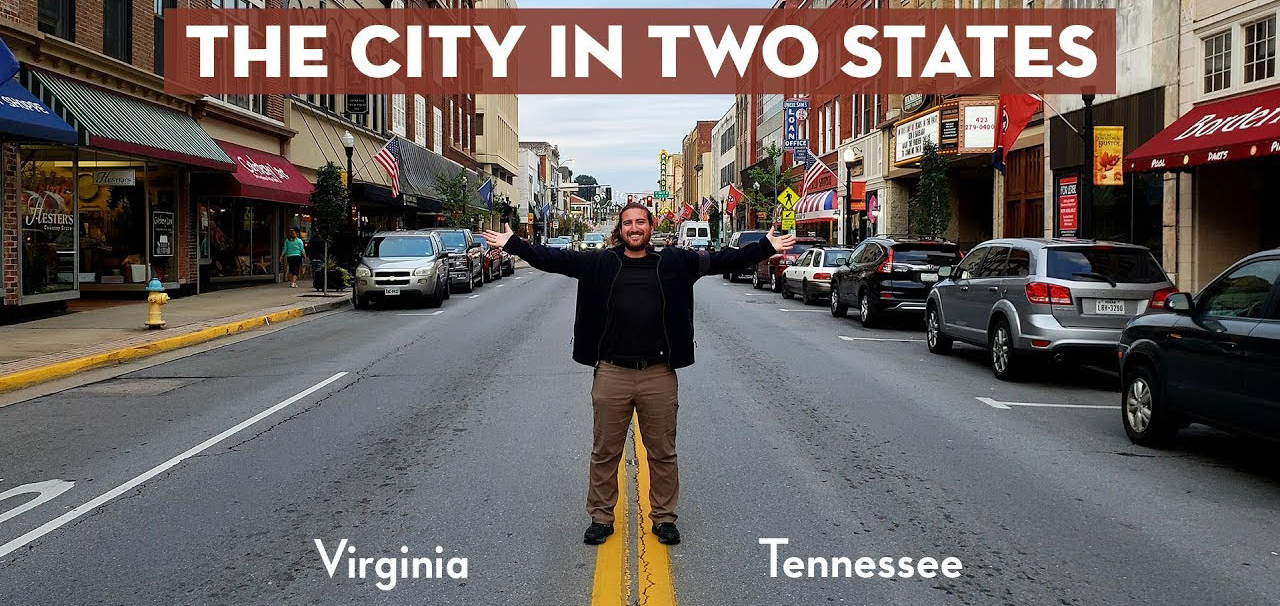Kerby Anderson
Homelessness not only affects big cities but can be found in small towns as well. Scott Morefield tells a story about Bristol, Tennessee and Bristol, Virginia that illustrates the impact that public policy can have on a social problem like homelessness.
First, let’s explain the geography. Bristol is really two cities with two governments that are right next to each other. They are divided by a state line that runs down the main street. This division provides a perfect test for the impact of laws and policies.
One past example of the differences came during the pandemic and lockdowns. The Democratic Virginia state mandates were much different than the Tennessee policies. It created a “weird time when half of the main street was essentially shuttered while the other half prospered.”
More recently, Tennessee passed a law that made camping on public property a felony. As you might expect, the homeless problem gravitated toward the Virginia side. The kitchen director at the local shelter said he heard numerous people at the evening meal, say “I’m going to get this meal and then I’m going to go over to Virginia, so I don’t have to worry about getting thrown in jail and have a felony on my record.”
The principle is simple. Remove the incentives and create disincentives for homeless people, and they will go elsewhere. In this case, they migrated to the other side of town. It wasn’t long before Bristol, Virginia passed a camping ban, though it was merely a misdemeanor offense.
Three months ago, I talked about the book by Michael Shellenberger with the arresting title: San Fransicko: Why Progressives Ruin Cities. He documents various reasons why the homeless problem has become worse. But one of the most important reasons is lax enforcement. The two cities of Bristol illustrate how policies do affect homeless behavior.
 Listen Online
Listen Online Watch Online
Watch Online Find a Station in Your Area
Find a Station in Your Area










 Listen Now
Listen Now Watch Online
Watch Online
